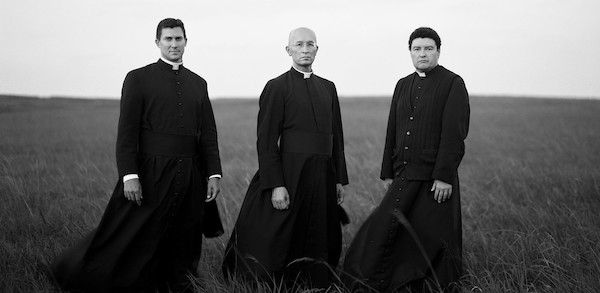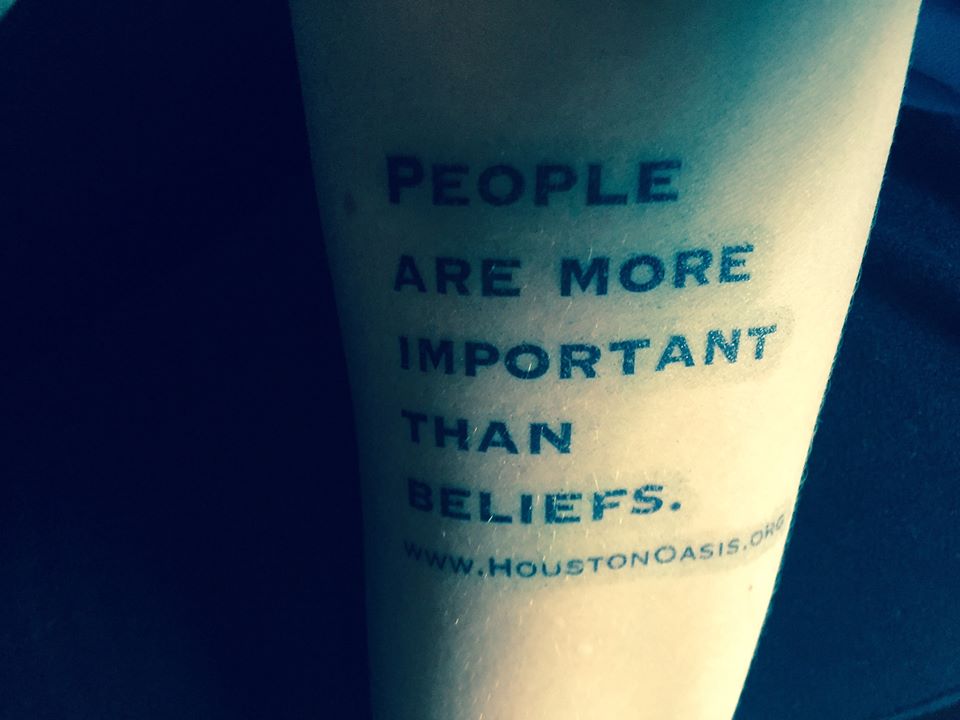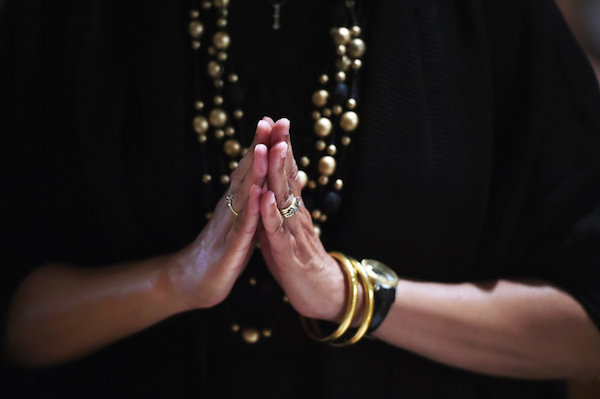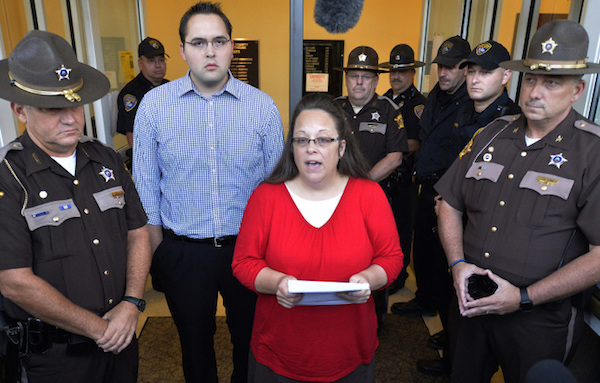What do we lose when we withdraw into like-minded communities?

Not normally something I’d click on (but this is the value of actual printed magazines, people!), this article on burgeoning communities of strict Catholics in The Atlantic contained this killer paragraph:
In some ways, these groups are merely practicing an extreme form of the insularity many Americans have already embraced. Deep-blue enclaves such as Berkeley and brownstone Brooklyn are similarly homogenous, sought out by people with a certain set of values and hopes for their children. But the rise of more radical self-sorting poses a challenge to America’s experiment in multicultural democracy, enshrined in the motto e pluribus unum—“Out of many, one.” The dream of a diverse society is replaced with one in which different groups coexist, but mostly try to stay out of one another’s way. The ongoing experiment in St. Marys suggests what might be gained by such a realignment—and what might be lost.
Hard when the shoe’s on the other foot, this one… but maybe neither is wrong and we just have to re-think what we really want out of life, community, social mobility, democracy, etc.



